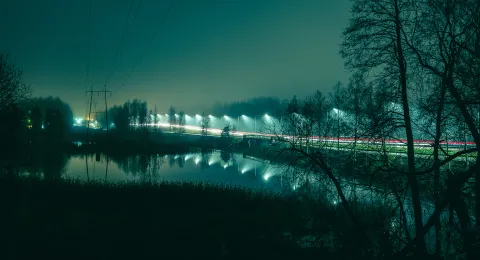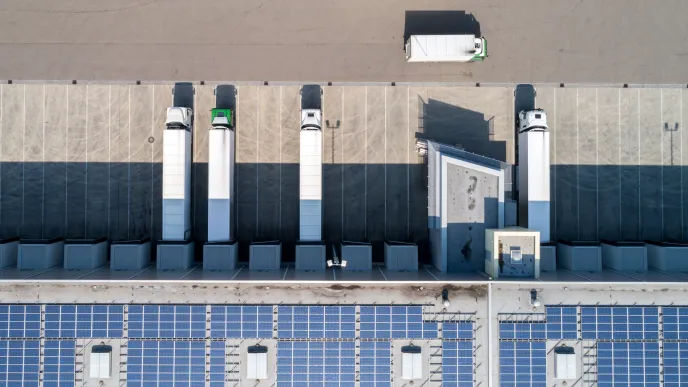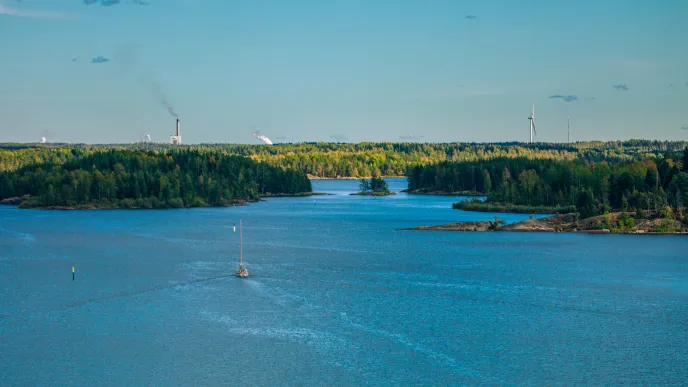Indirect carbon dioxide emissions from supply chains may account for up to 90 per cent of a company's overall emissions. According to Harri Pyykkö, who will be defending his dissertation in industrial engineering and management at LUT University, the decarbonisation of supply chains requires new types of collaboration, responsible digitalisation, and the development of systemic thinking.
A supply chain network's indirect carbon dioxide emissions refer to emissions from the transportation of a product or service or their parts between stakeholders at different locations – possibly even on different continents. Significant emission reductions cannot be reached without large-scale investments in low-emission or emission-free modes of transportation. In addition, innovations are required.
“The logistics sector produces roughly 15 per cent of global carbon dioxide emissions, and the share is growing rapidly, as the direct emissions from companies and energy production keep decreasing. Therefore, the logistics sector is under strong external pressure to reduce its dependency on fossil fuels,” says Pyykkö.
Buyers hold sway, but collaboration is needed
Companies need to reduce their indirect emissions radically. In Pyykkö’s view, the best way to achieve that is for buyers of raw materials and components to wield their influence over product suppliers and the freight transportation they choose. Moreover, cross-sectoral collaboration should be increased significantly.
In his dissertation, Pyykkö examines the opportunities afforded by digitalisation and the importance of changing established ways of thinking and operating. Based on the research results, there are still many practical barriers, silos, and conflicts of interest that hamper emission reductions. Those aspects need to be addressed to trigger a decline in the emissions of supply chain networks.
Pyykkö raises the following issues in his dissertation:
- Long-term emission reduction goals align insufficiently with short-term strategies.
- External actors, such as service designers and research institutes, that can support more extensive changes are utilised too little.
- Horizontal collaboration within a branch of business may involve difficulties between competitors.
- New cybersecurity risks related to digitalisation need to be managed.
“More extensive collaboration between sectors and unconventional actors requires a shared pursuit of systemic decarbonisation, which means continuous iteration, unlearning, and a shared direction towards the best possible solution. This type of development work requires public-sector support, a range of facilitators, and increased cross-disciplinary research,” Harri Pyykkö summarises.
More information
Harri Pyykkö, senior scientist, VTT Technical Research Centre of Finland
tel. +358 40 158 9592





